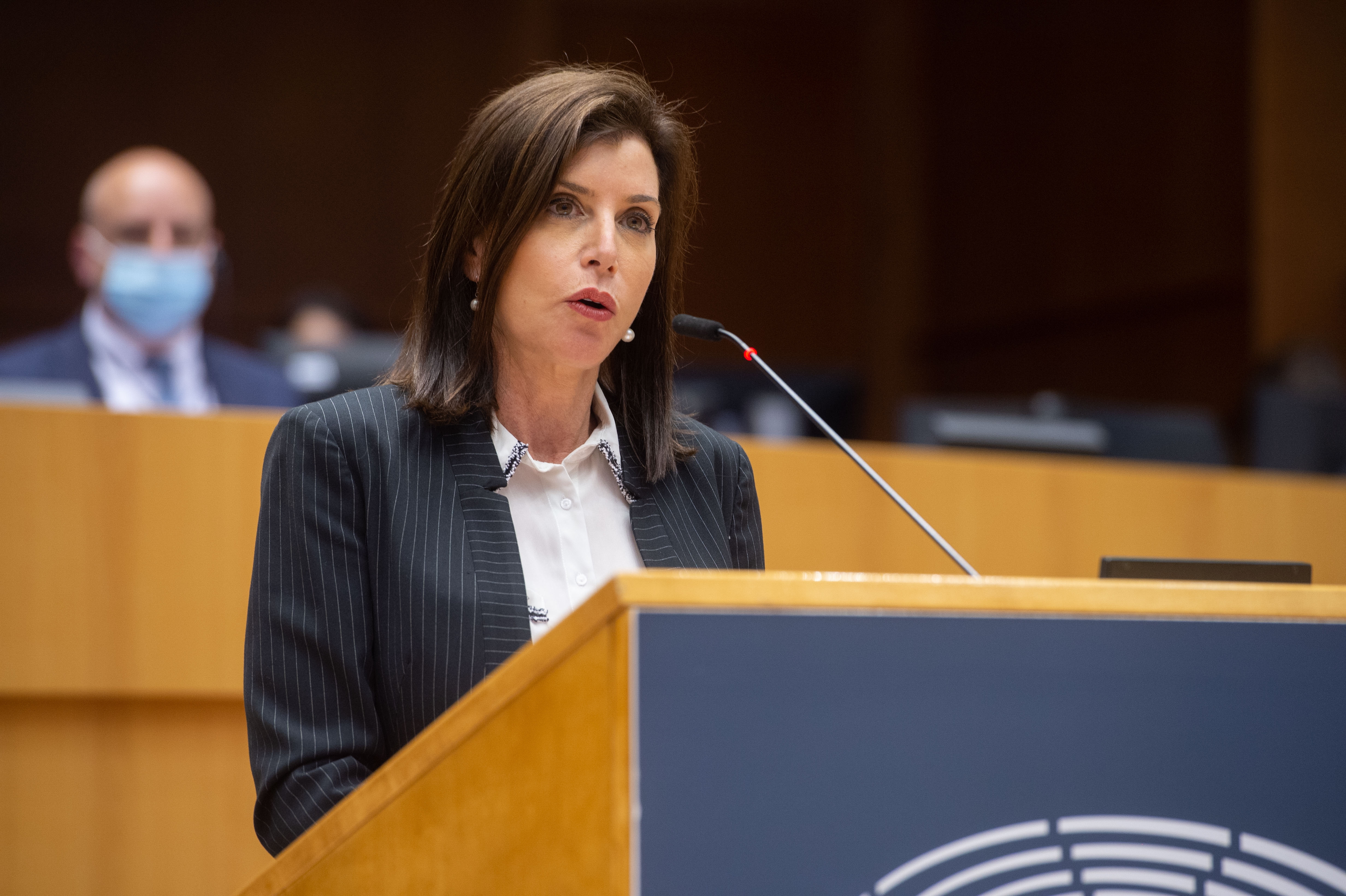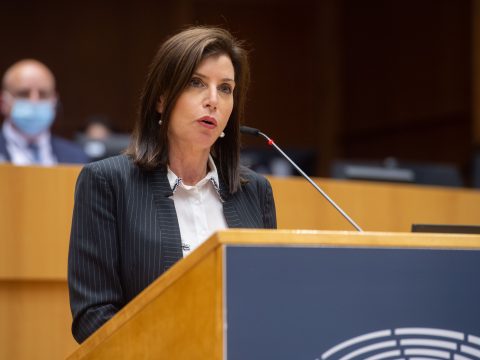29/10/2021
MEP Asimakopoulou questions CBAM’s “One-Size-Fits-All” approach
MEP Asimakopoulou questioned whether the CBAM’s “one size fits all” approach will be effective for all industries in its primary objective of preventing Carbon Leakage. Speaking at a closed session on the effects CBAM will have for the Aluminium Industry, MEP Asimakopoulou called on the Commission to address these concerns.
MEP Asimakopoulou demonstrated the environmental and economic benefits of EU primary production of Aluminium, highlighting that European Aluminium is three times less carbon intensive than primary production in China whilst also representing 5% of Greek exports. This base production also underpins wider value chains.
MEP Asimakopoulou pointed out that CBAM can provide some cover for the internal market, but it is severely lacking when we look to the export market and this has effects for the Aluminium industry’s competitiveness. And of course, inclusion in the CBAM means a much quicker phase out of free allocation under ETS.
MEP Asimakopoulou indicated that WTO compatibility is essential but the EU needs to explore all options when levelling the playing field as between 2013 and 2017, 85% of all global government support to the aluminium sector had been received by just five Chinese companies.
MEP Asimakopoulou stated that “We all want to see Europe’s climate-neutrality objectives met, but we need to ensure we do so in a way that keeps our industries competitive”.
MEP Asimakopoulou voiced her concerns about “how we [the EU] are struggling to match up different policy strands in our ambitions to support Europe’s transition to a green and digital economy”.
MEP Asimakopoulou hosted European Aluminium’s event on “The EU Carbon Border Adjustment Mechanism”, part of their #TheAluminiumEffect Digital Roundtable series on the 29th October. Taking part were Nick Keramidas (Mytilineos), Kathrine Fog (Norsk Hydro), Catherine Athenes (Constellium) Gerassimos Thomas (DG TAXUD, European Commission), Prof. Dr. Michael Mehling (MIT), Aaron Cosbey (International Institute for Sustainable Development) and Ken Ash (ret. OECD).













